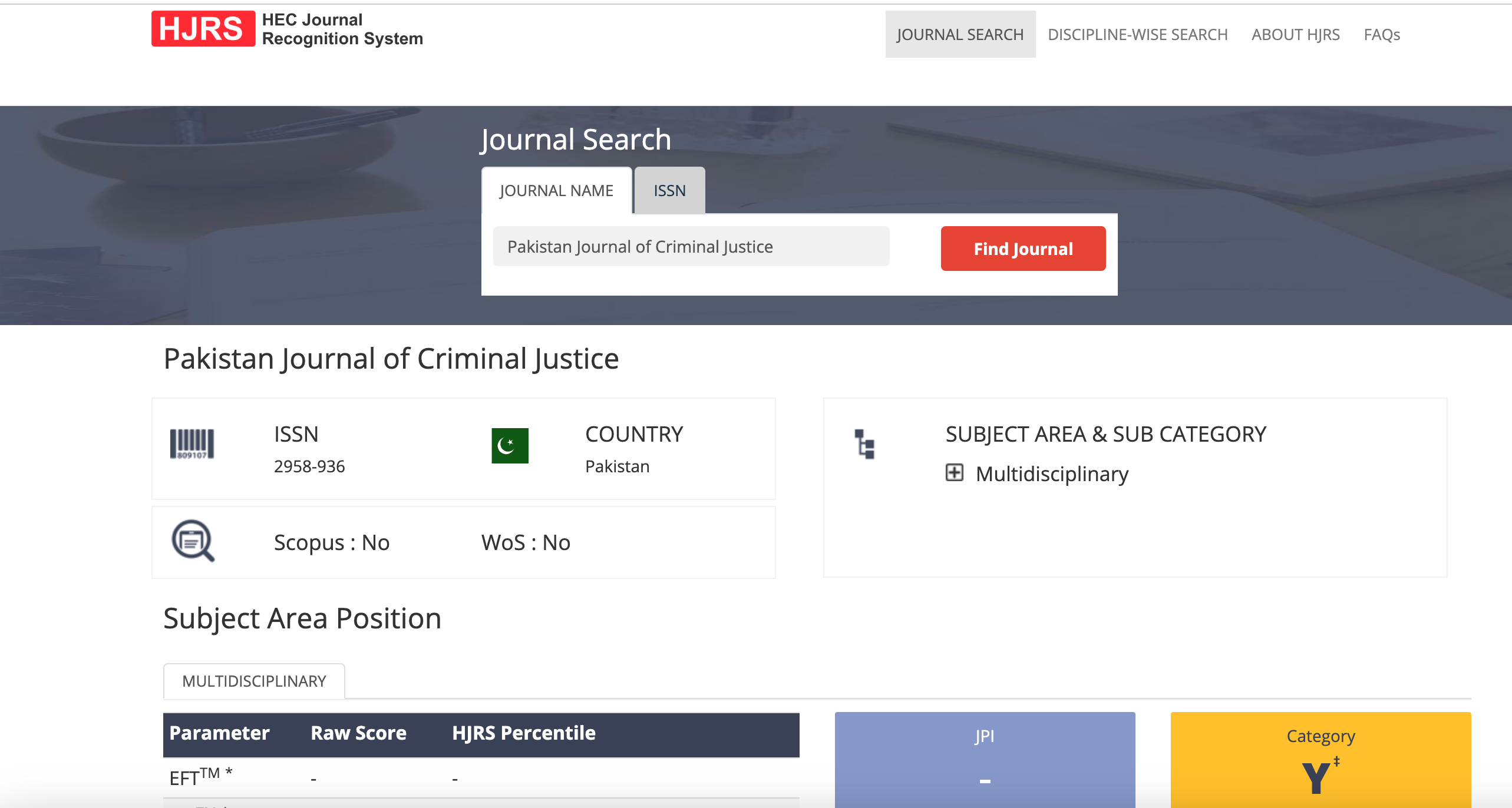Revival of Ijtihad; Indispensable for the Adaptability of Islamic Law
DOI:
https://doi.org/10.62585/pjcj.v4i1.77Keywords:
Ijtihad, islamic law, sharia law, contemporary world, interpretationAbstract
This paper delves into the revival of ijtihad in Islamic law, exploring its historical development, current applicability, and possible ramifications for contemporary Muslim communities. Ijtihad represents a dynamic process of interpretation and adaptation within Islamic legal tradition. With origins in the teachings of the Prophet Muhammad (PBUH), ijtihad represents a deep intellectual effort to balance the divine laws with the changing conditions of human civilization. The paper examines the historical trajectory of ijtihad, highlighting its early practice during the time of Prophet Muhammad (PBUH) and its subsequent evolution through generations of jurists. Despite debates over the closure of its gates, scholars advocate for its revival, emphasizing its pivotal role in tackling contemporary issues. In addition, the study looks at modern methods of ijtihad and acknowledges that competent people must participate in this dynamic process. Various scholars advocated for cooperation between Islamic academics and legislative authorities to pass legislation consistent with Islamic principles. This paper underscores the lasting importance of ijtihad as a guiding principle in Islamic lawmaking and emphasizes how it can be used to navigate the intricate issues Muslim communities face in the contemporary world. Through a comprehensive analysis, it emphasizes ijtihad's persistent significance in influencing the evolving landscape of Islamic law.
Downloads
Published
How to Cite
Issue
Section
License
Copyright (c) 2024 Abu Bakar Khan, Noor Ul Huda Khan

This work is licensed under a Creative Commons Attribution-NonCommercial 4.0 International License.





